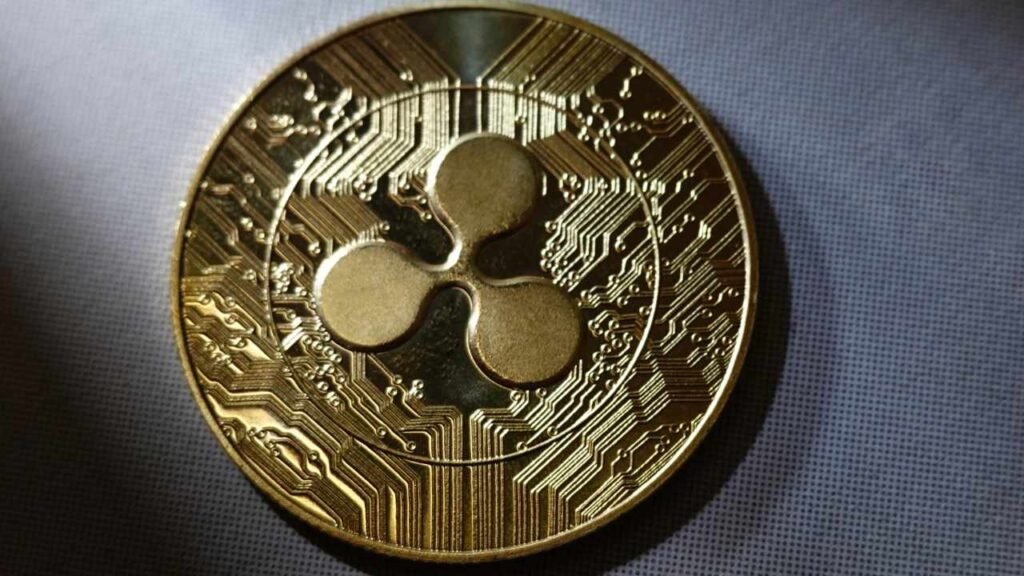Ripple Revolutionizes Real Estate in Dubai with XRP Ledger
In a groundbreaking development, Ripple is set to transform the global real estate landscape as the Dubai Land Department embraces its XRP Ledger for managing tokenized property deeds. This partnership not only signifies a monumental stride toward modernizing real estate transactions but also emphasizes the potential of secure and scalable blockchain technology in asset management. The adoption of Ripple’s blockchain infrastructure is a significant milestone for the UAE’s tokenized asset market, enhancing transparency and efficiency in property dealings.
The Impact of Blockchain on Real Estate
The integration of Ripple’s blockchain technology into Dubai’s real estate sector heralds a new era of transparency and ease in property transactions. By converting property deeds into tokens on the XRP Ledger, the Dubai Land Department ensures that the ownership of real estate assets can be securely managed and transferred. This process minimizes fraud and reduces the bureaucratic hurdles often associated with traditional property transactions. As Dubai positions itself as a futuristic city, leveraging blockchain unlocks the potential for seamless transactions, attracting global investments in the real estate market.
Enhancing Security and Scalability
Ripple is known for its robust blockchain technology, which provides an unparalleled level of security and scalability. The adoption of Ripple’s XRP Ledger enables the Dubai Land Department to maintain a secure and efficient record of property transactions. Tokenization facilitates real-time updates to ownership records, ensuring accuracy and tamper-proof documentation. Furthermore, this system significantly reduces the time required for transactions to be processed, streamlining the buying and selling of properties while fostering greater investor confidence.
Tokenization: A Game Changer for Property Ownership
Tokenizing property deeds has immense implications for property ownership and investment. Each property can be divided into multiple tokens, allowing for fractional ownership, which makes real estate investing accessible to a larger audience. This innovation democratizes the real estate market, enabling smaller investors to participate without needing substantial capital. The collaborative efforts between Ripple and the Dubai Land Department aim to create a more inclusive real estate ecosystem, promoting investment from a diverse range of stakeholders.
Dubai as a Leader in Blockchain Adoption
Dubai’s initiative to adopt Ripple’s blockchain for property deeds places the emirate at the forefront of blockchain adoption globally. The UAE has consistently demonstrated a commitment to integrating cutting-edge technology into its governance frameworks. By modernizing property transactions, Dubai sets a precedent for other cities and countries to follow. This initiative will likely stimulate the local economy, attracting tech-savvy entrepreneurs and real estate investors looking for innovative opportunities.
Future Implications for Global Real Estate Markets
Ripple’s involvement in Dubai’s real estate sector marks a pivotal shift that could inspire similar initiatives worldwide. As more jurisdictions recognize the benefits of blockchain technology, we may see a surge in tokenized assets across various industries. This trend can lead to enhanced liquidity in the real estate market, allowing properties to be traded more efficiently. Additionally, with increased transparency and security, investor confidence could be restored in markets where traditional processes have been marred by corruption or inefficiency.
Conclusion: A New Dawn for Real Estate Transactions
The collaboration between Ripple and the Dubai Land Department signals an exciting evolution for real estate transactions. By leveraging the XRP Ledger for tokenized property deeds, Dubai is not just modernizing its real estate sector, but also laying the groundwork for a more secure, efficient, and accessible market. As this transformative process unfolds, the implications for global real estate could be profound, heralding a future where blockchain technology fundamentally alters the way properties are bought, sold, and owned across the globe.


